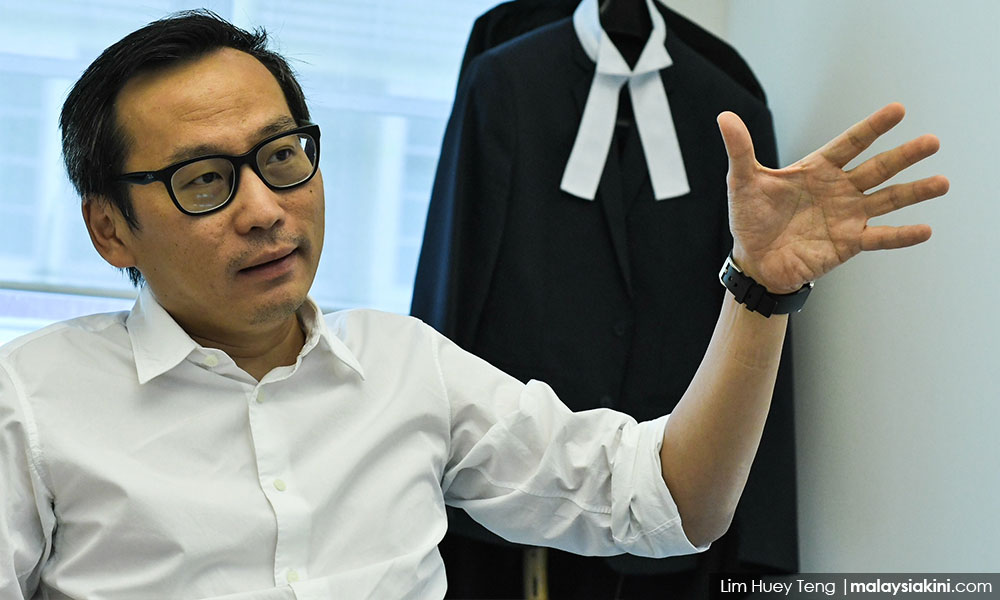LETTER | I am curious about human rights lawyer Eric Paulsen’s urging of the government to set up an independent body to scrutinise the amendments to citizenship laws before they are debated in the Parliament in the next sitting.
The Constitution (Amendment) Bill 2024 has already been tabled for first reading in the Dewan Rakyat by Home Minister Saifuddin Nasution Ismail and read a second time.
Scrutiny of the bill should be by a parliamentary special select committee (PSSC) to which the bill should have been referred after the first reading but before the second reading. This could be done under Standing Order 54(1).
Given that the bill has also been read a second time, referring the bill to PSSC could still be done under Standing Order 54(2) which reads as follows:
“When a bill has been read a second time it shall stand committed to a committee of the whole house unless the house on motion commits it to a select committee. Such motion shall not require notice, must be made immediately after the bill is read a second time, and may be proposed by any member; the question thereon shall be put forthwith and shall be decided without amendments or debate.”
The standing order allows for a motion by any MP to commit the bill to a select committee. The motion does not require notice but must be made immediately after the bill is read a second time.

The question raised in the motion must be put forthwith to, and decided by, the house without amendments or debate.
The bill, however, did not “stand committed to a committee of the whole house” as the debate which should follow after a second reading did not proceed. It has been deferred to the next Dewan Rakyat sitting, which will commence in late June.
If the bill had been referred to a PSSC, the bill would be scrutinised. The select committee would have the power delegated by the Dewan Rakyat to:
send for persons, papers and records – this is the key evidence-gathering power and includes the power to call witnesses;
report from time to time to the Dewan Rakyat;
appoint specialist advisers – often academics in the PSSC’s field of interest;
meet away from Parliament – including the ability to across the country to hold public hearing sessions;
meet when the Dewan Rakyat is adjourned, allowing the PSSC work to continue during parliamentary recesses;
appoint sub-committees, allowing select committees to build their capacity and introduce a further degree of specialisation; and
exchange papers and/or meet concurrently with other select committees, allowing collaboration between committees and greater cross-cutting work.
The most important power is arguably the first, that is, to send for persons, papers and records.
This would allow the PSSC to draw on academic research and evidence in the field of interest – including representatives from the United Nations (UN) if Paulsen has his way.
Reference to a PSSC would give the bill the scrutiny that Paulsen called for. The PSSC is that independent body to scrutinise the bill, and not a committee that “should include the Attorney-General’s Chambers as the main coordinating body, as well as representatives from the United Nations (UN), other ministries, academicians, activists and relevant stakeholders”.
The views expressed here are those of the author/contributor and do not necessarily represent the views of Malaysiakini.

